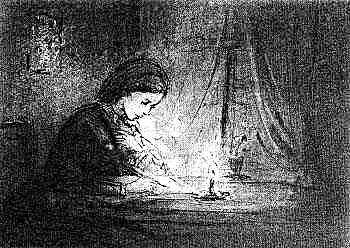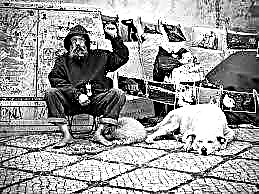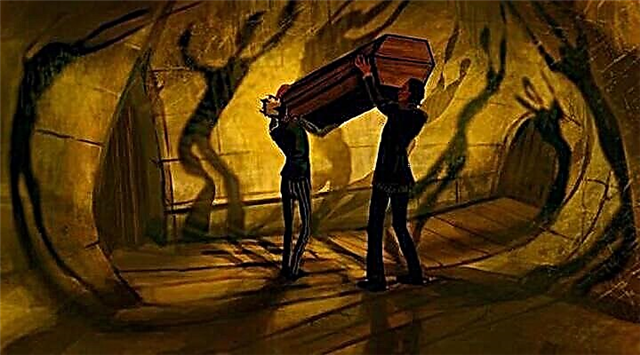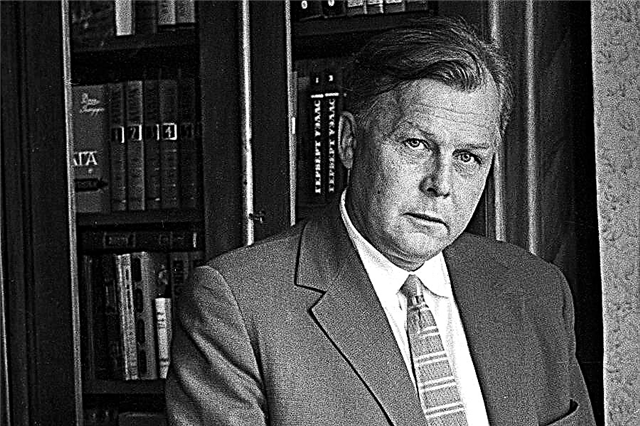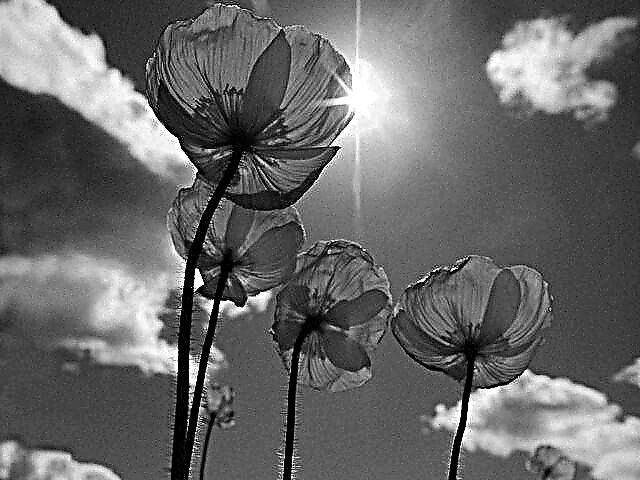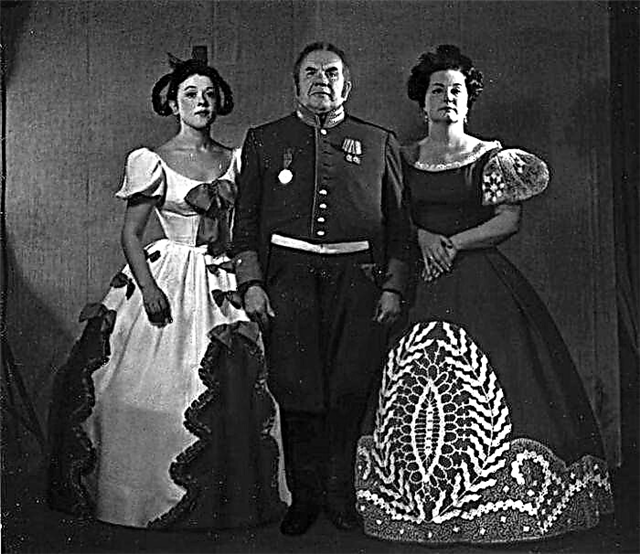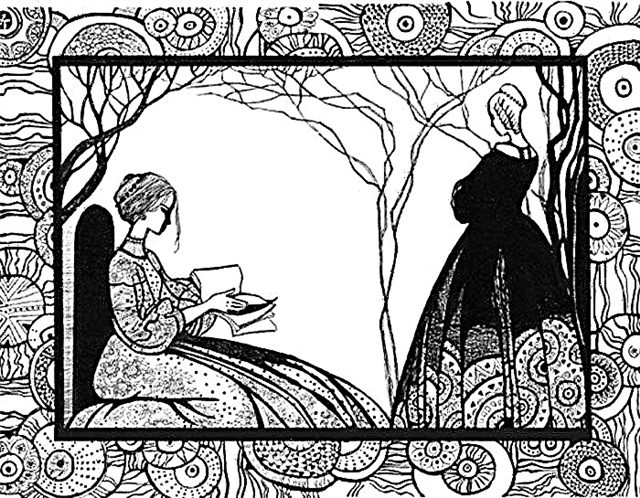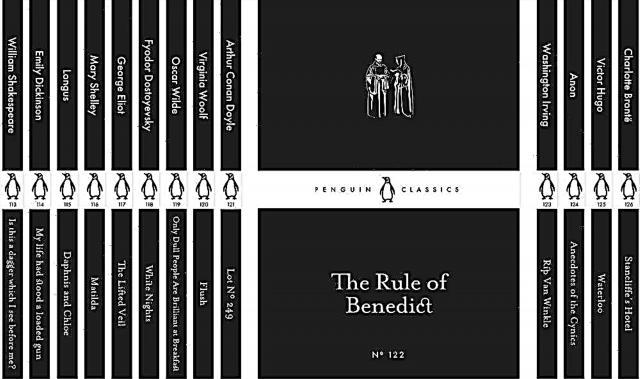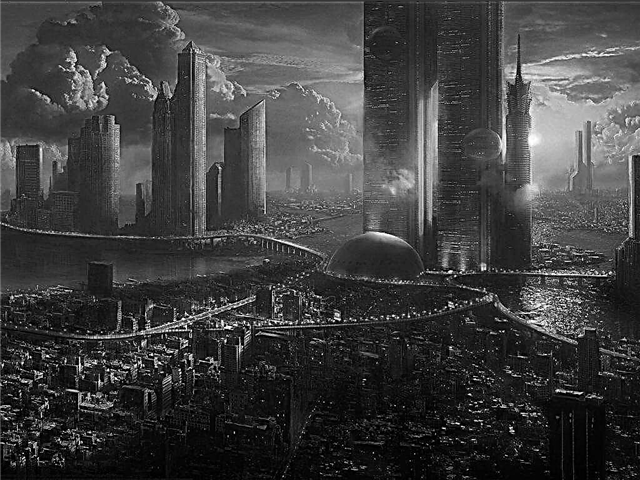(204 words) The concept of love is ambiguous. By this word one can mean delight, affection, and a desire to help. And the romantic attitude itself can be expressed in different ways. In the story of L.N. Tolstoy "After the ball" the main character contrasts carnal love - platonic. Ivan Vasilyevich reproaches the body only for the young generation. In his time, preference was given to admiration of the soul.
The feeling of the main character for Varenka is idealized. The young man does not feel passion, especially since he does not have obscene thoughts. The subject of adoration becomes more and more “disembodied”, as the young man fell in love. But can a poetic heart impulse become the basis for a strong happy family? As it turned out, Ivan's love was fragile, even airy. At the first encounter with the cruelty of the surrounding world, it melted, burst like a soap bubble. The scene with the captive made the protagonist different, his feeling for Varia also changed. Seeing the anger and inhuman act of her father, the young man cannot keep his admiration for his daughter in his heart.
So, love in the story "After the Ball" is presented as something ephemeral, surreal. She does not tolerate the rudeness of the existing order in society. And such a feeling is available only to a person who has not encountered cruel reality. Tolstoy valued platonic love above, but it should be borne in mind that the story was written already in the late period of creativity. Probably, the writer himself by this time realized the impossibility of such a relationship.

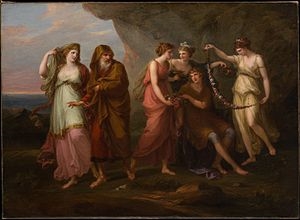
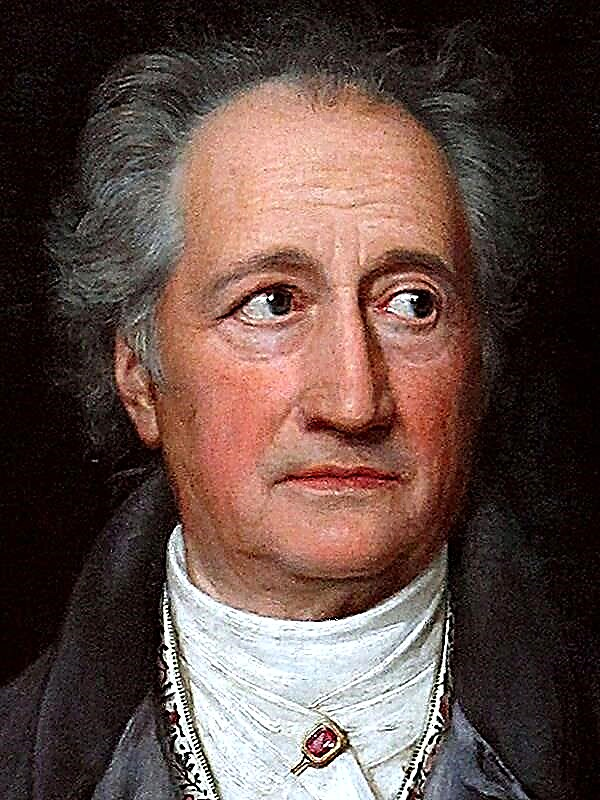 The years of wandering Wilhelm Meister
The years of wandering Wilhelm Meister